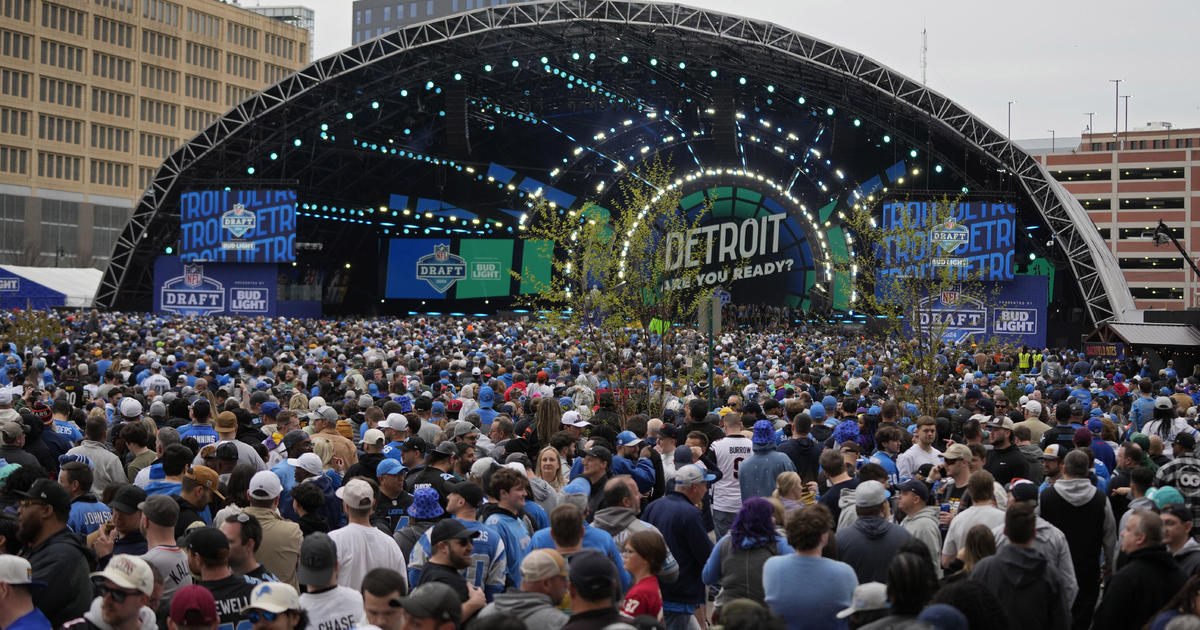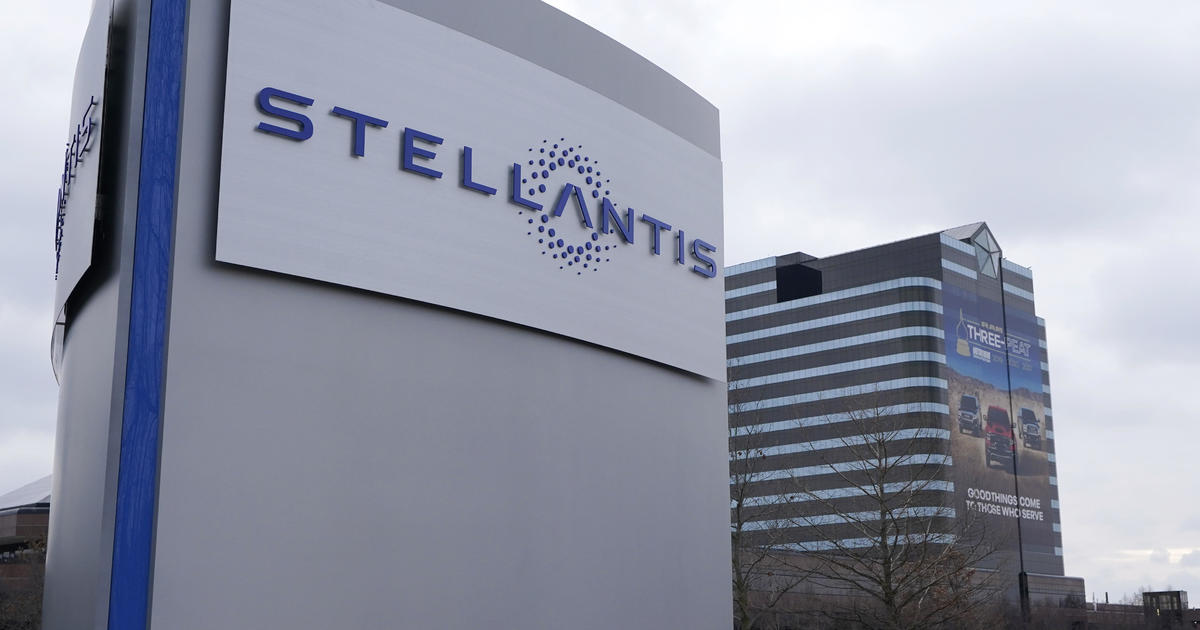7 Automakers Add 4.4 Million Vehicles To Takata Recall
DETROIT (AP) - Seven automakers are adding nearly 4.4 million vehicles in the U.S. to the massive Takata air bag inflator recall.
Documents detailing recalls by General Motors, Volkswagen, Ford, Daimler Vans, BMW, Jaguar-Land Rover and Mercedes-Benz were posted Thursday by the government. Recalls from eight other companies were posted last Friday.
Of the recalls announced Thursday, General Motors had the largest total at 1.9 million, covering pickup trucks and large SUVs. The company said in a statement that would start the recall process in cooperation with the government, even though it doesn't believe the trucks pose an unreasonable safety risk.
Thursday's recalls are part of a massive expansion of Takata air bag recalls announced in May. Seventeen automakers are adding 35 million-to-40 million inflators to what already was the largest auto recall in U.S. history.
The latest round of recalls covers passenger air bags mainly in older models in states with high temperatures or humidity.
Takata inflators can malfunction and spew shrapnel into drivers and passengers when exposed to humidity and repeated hot-and-cold cycles.
Thursday's recalls bring the total number of vehicles recalled in this round to 16.4 million. The recalls are being phased in during the next two years.
Takata uses the chemical ammonium nitrate to create a small explosion that inflates air bags in a crash. But the chemical can deteriorate over time when exposed to high heat and humidity and burn faster than designed. That can blow apart a metal canister, spewing hot shrapnel into vehicles.
The inflators are responsible for 11 deaths and more than 100 injuries worldwide. Two more deaths are under investigation in Malaysia.
Takata agreed May 4 to the recall expansion, and more recalls will be announced later. The recalls are being phased in by the government due to a lack of available replacement parts. Models from 2011 or older in high heat and humidity areas will get first priority, followed by 2008 and older models in Southern-tier states, then 2004 and older models in the rest of the country.
Research has shown that it takes at least six years for the ammonium nitrate to deteriorate. That's the reason older models get priority.
GM says none of its inflators have ruptured in its trucks during an estimated 44,000 crashes, or testing of returned inflators. It also says the inflators were uniquely made for GM trucks and SUVs with greater venting and machined steel end caps.
"We don't have any evidence at this point that these inflators aren't working as designed," spokesman Tom Wilkinson said. "We will discuss with NHTSA what the potential remedies might be."
Wilkinson wouldn't say if GM hopes to avoid a recall, but said the company has been talking with NHTSA and will have further discussions at a meeting to be held with automakers about the recalls.
The inflators have greater venting and machined steel end caps and are placed in the dashboard to minimize exposure to moisture from the trucks' climate control system, the company said in a statement. The trucks also have solar-absorbing windshields and side glass to help minimize the cabin temperature, GM said.
The company's statement says it will notify customers about the next steps in the recall process.
Copyright 2016 The Associated Press. All rights reserved. This material may not be published, broadcast, rewritten or redistributed.



